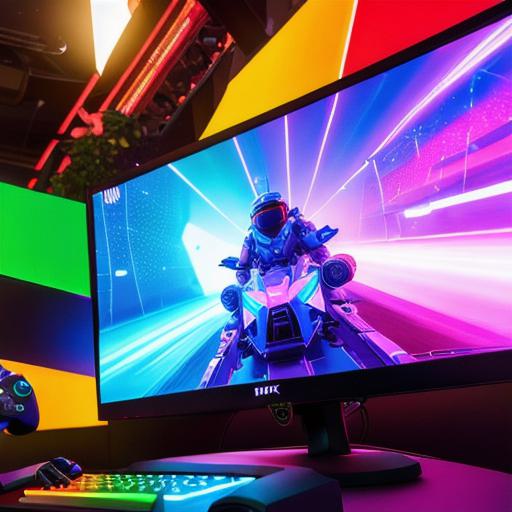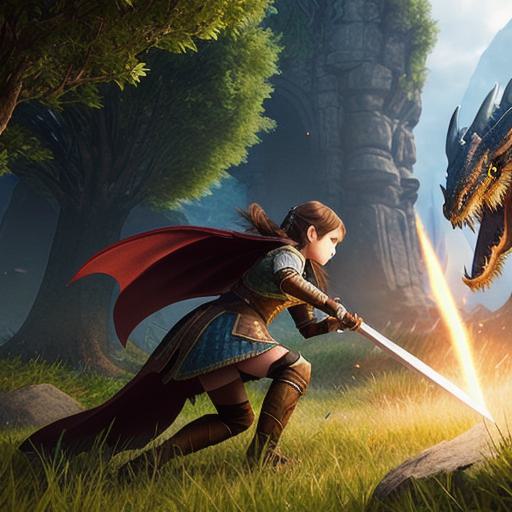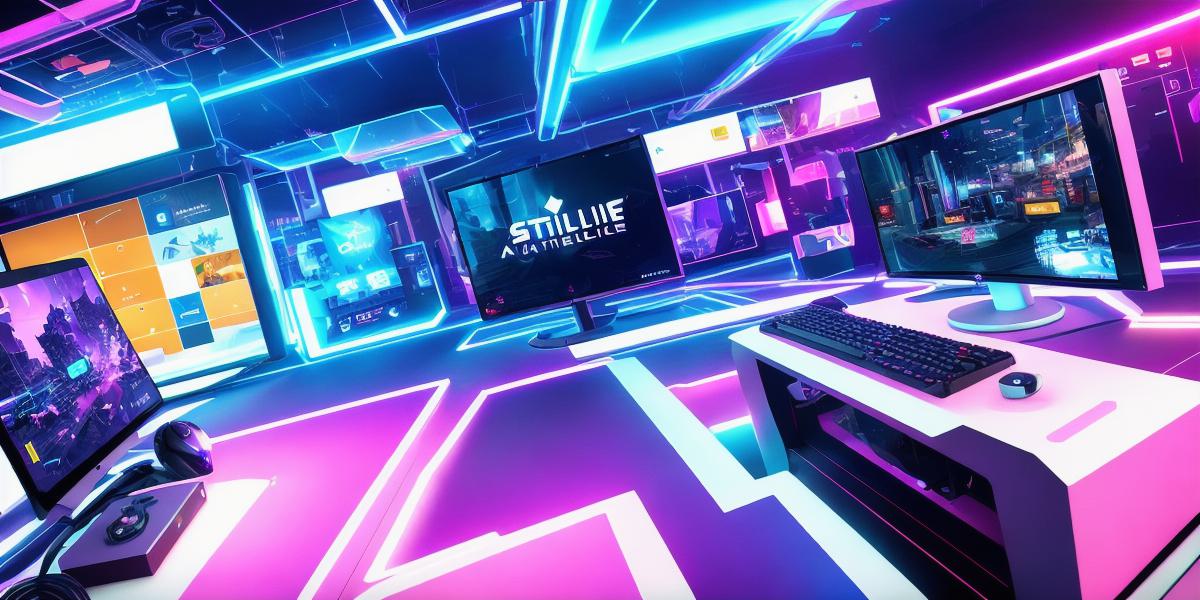Web3 development has already begun to revolutionize various industries, including gaming. By utilizing blockchain technology and smart contracts, Web3 games offer players an unprecedented level of ownership and control over their in-game assets. This presents a unique opportunity for game developers to create more engaging and immersive experiences for their users while also building sustainable communities around their games.
One of the most significant benefits of Web3 gaming is the ability to create truly unique and customizable experiences for players. With smart contracts, developers can create complex, dynamic games that allow players to shape the game world around them. For example, in Decentraland, players can purchase land and build their own game environments, which can then be used to host events and gatherings.
In addition, Web3 gaming offers players a new level of ownership over their in-game assets. Players can buy, sell, and trade these assets on decentralized marketplaces, giving them real value and control over their in-game economy. This not only creates a more immersive experience for the player but also opens up new revenue streams for game developers.

Another key aspect of Web3 gaming is the ability to build sustainable communities around games. By creating a decentralized platform, players can interact with each other and share content in ways that are not possible in traditional centralized platforms. This creates a more vibrant and engaged community, which can lead to increased player retention and loyalty.

Web3 gaming also presents an opportunity for game developers to create more socially responsible games. By using blockchain technology to track in-game transactions, developers can ensure that their games are fair and transparent, reducing the risk of cheating and exploitation. This not only creates a more trustworthy and enjoyable experience for players but also aligns with the growing trend towards ethical gaming practices.
Despite these many benefits, Web3 gaming is still in its early stages, and there are challenges to overcome. One of the main challenges is scalability, as blockchain technology can be slow and expensive to use. Additionally, the regulatory landscape for Web3 games is still uncertain, with some countries banning or restricting the use of cryptocurrencies and blockchain technology.
However, as more developers enter the space and experiment with new technologies, it’s clear that Web3 gaming has huge potential. By creating truly unique and immersive experiences, offering players real ownership over their in-game assets, and building sustainable communities around games, Web3 development can revolutionize the gaming industry and create a brighter future for both developers and players alike.
